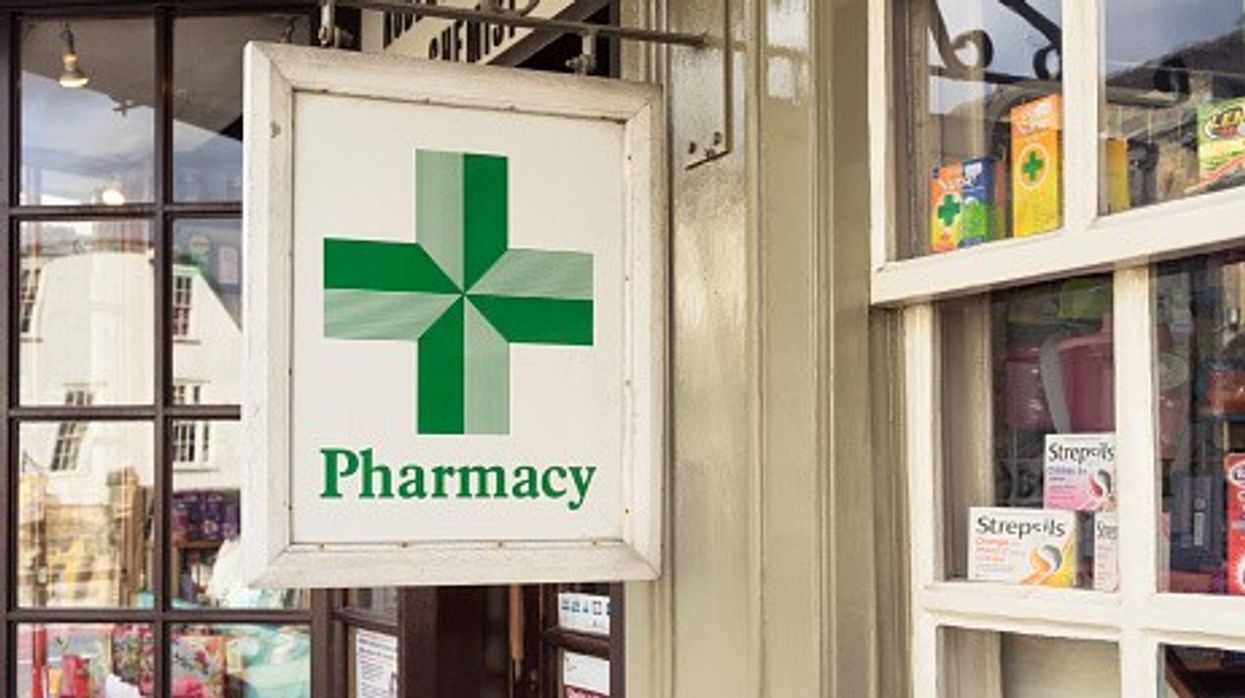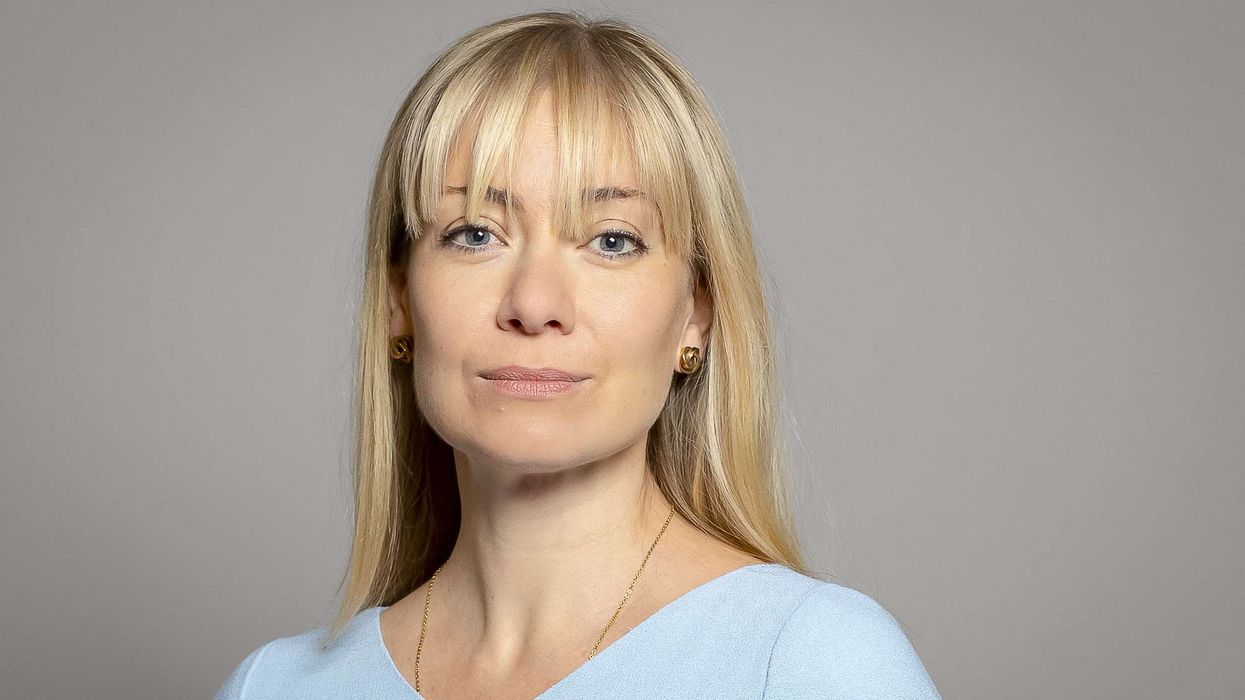Wide-scale lockdowns including shop and school closures have reduced COVID-19 transmission rates in Europe enough to control its spread and may have averted more than three million deaths, researchers said on Monday (June 8).
In a modelling study of lockdown impact in 11 nations, Imperial College London scientists said the draconian steps, imposed mostly in March, had “a substantial effect” and helped bring the infection’s reproductive rate below one by early May.
The reproduction rate, or R value, measures the average number of people that one infected person will pass the disease on to. An R value above 1 can lead to exponential growth.
The Imperial team estimated that by early May, between 12 and 15 million people in the 11 countries - Austria, Belgium, Britain, Denmark, France, Germany, Italy, Norway, Spain, Sweden and Switzerland - had been infected with COVID-19.
By comparing the number of deaths counted with deaths predicted by their model if no lockdown measures had been introduced, they found some 3.1 million deaths were averted.
“Measuring the effectiveness of these interventions is important, given their economic and social impacts, and may indicate which course of action is needed to maintain control,” the researchers said in a summary of their findings.
A second study by scientists in the United States, published alongside the Imperial-led one in the journal Nature, estimated that anti-contagion lockdown policies implemented in China, South Korea, Italy, Iran, France and the United States prevented or delayed around 530 million COVID-19 cases.
Focusing their analysis on these six countries, the U.S. research team compared infection growth rates before and after the implementation of more than 1,700 local, regional and national policies designed to slow or halt the spread of COVID-19, the disease caused by the new SARS-CoV-2 coronavirus.
They found that without anti-contagion policies in place, early infection rates of SARS-CoV-2 grew by 68 per cent a day in Iran and an average of 38 per cent a day across the other five countries.
Using econometric modelling normally used in assessing economic policies, they found lockdowns had slowed the infection rate with “measurable beneficial health outcomes in most cases”.
(Reuters)











